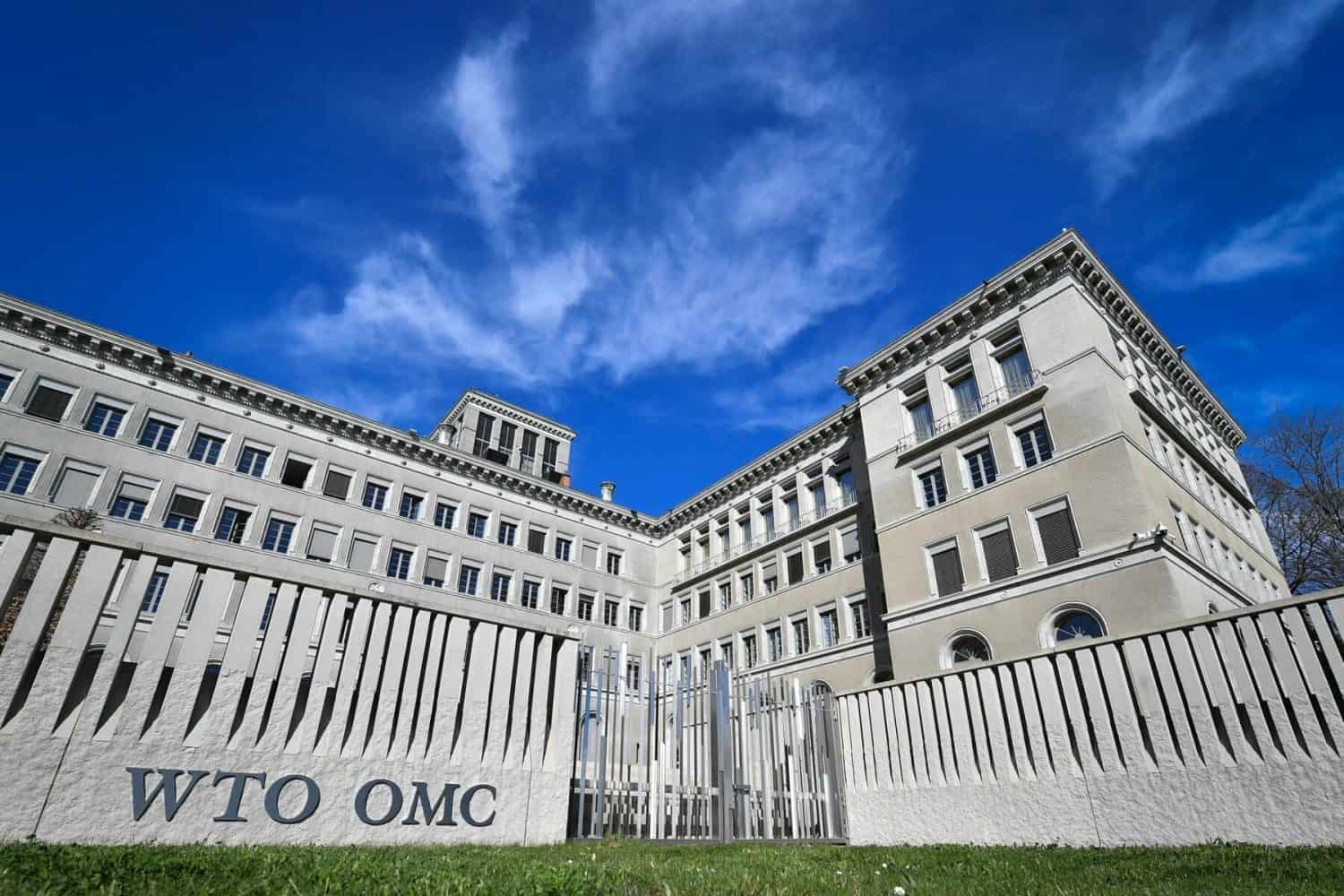GENEVA, SWITZERLAND – The World Trade Organization on Monday urged countries to abolish trade barriers in environmental goods and services in order to help fight climate change.
In its annual World Trade Report, the WTO says international commerce should not be pitted against combating the climate crisis.
The report comes as global leaders gather in the Egyptian resort of Sharm el-Sheikh for COP27, the 2022 United Nations Climate Change Conference which opened Sunday and runs until November 18.
The WTO said it was misleading to think that trade was nothing but a source of greenhouse gas emissions, arguing that trade could also enable the spread of green innovations and technology.
“Trade is a force for good for climate, and part of the solution for achieving a low-carbon, resilient and just transition,” WTO director-general Ngozi Okonjo-Iweala said in the report’s foreword.
“The WTO estimates that reducing tariffs and non-tariff measures on energy-related environmental goods could increase total exports of these products by five percent by 2030 and, at the same time, lead to a net reduction in carbon emissions,” the former Nigerian finance and foreign minister said.
According to the global trade body’s economists, the resulting improvements in energy efficiency and increased use of renewable energy could reduce net carbon emissions by 0.6 percent.
Although tariffs on environmental goods are, on average, lower than those on other goods, they remain relatively high in low-income countries, the report said.
“While trade itself does generate emissions from production and transport, trade and trade policies can accelerate the dissemination of cutting-edge technologies and best practices, and enhance incentives for further innovation while creating the jobs of tomorrow,” said Okonjo-Iweala.
She said trade had already played an important role in the global climate response, citing how the cost of solar panels had plummeted over the past three decades.
“About 40 percent of the cost decline has been attributed to scale economies made possible, in part, by international trade and value chains,” the WTO chief said.
“Further opening up trade in environmental goods and services could do more.”








